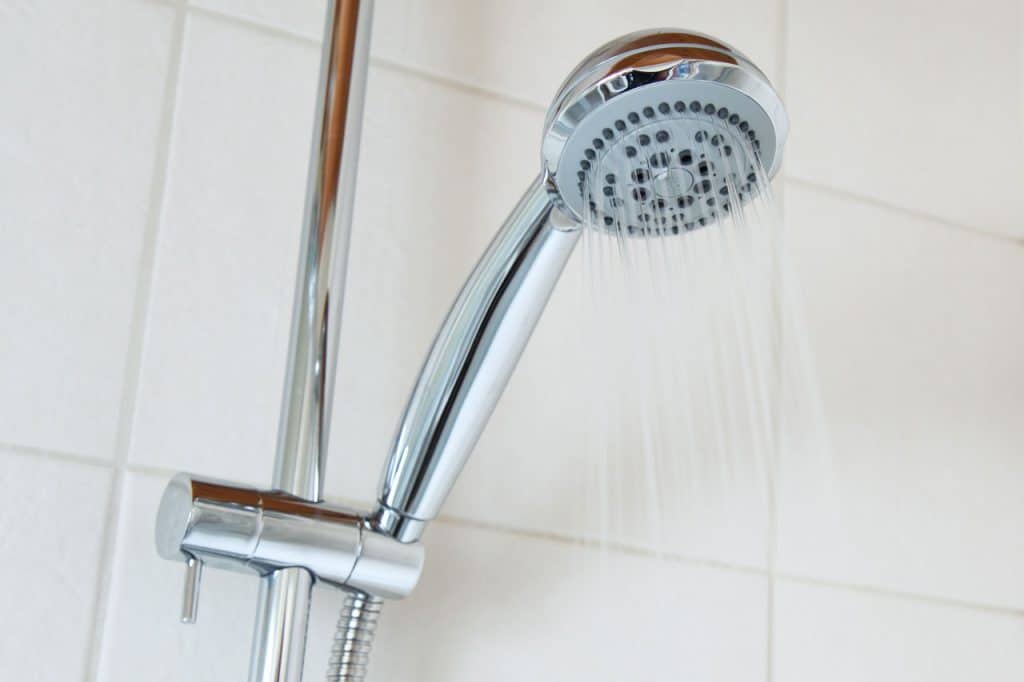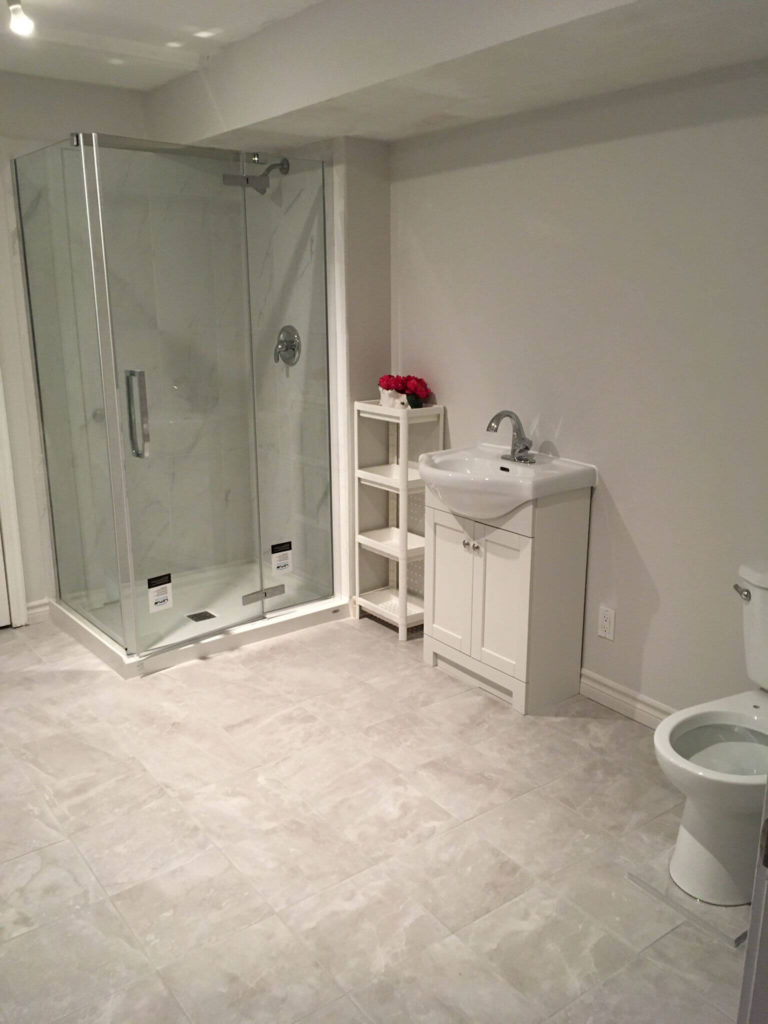Did you open your cold water faucet this morning only to get greeted with a blast of scalding hot water? Maybe you went to shower, and the water temperature was all over the place, going from too hot to too cold and back again.
If you have either of these issues or anything similar, it might stem from hot water mixing valve problems. This often-overlooked plumbing component can cause a lot of grief if it doesn’t work correctly.

What is a Hot Water Mixing Valve, and Why is it Important?
A hot water mixing valve, also known as a thermostatic mixing valve (TMV), is an essential plumbing device that keeps your hot water system safe and functional. Technicians install it on a water heater outlet, and it actively regulates the temperature of the water flowing to all your fixtures.
The valve mixes cold and hot water to ensure everything coming out of your faucets, showerheads, and other plumbing fixtures remains at a consistent temperature. When it becomes damaged, loosened, or calcified, it can cause several issues to your plumbing. This is why only plumbers with a special license can install, repair, or calibrate them.
Our experts at MT Drains and Plumbing share the most common hot water mixing valve problems that you may encounter.
1. Your Water Feels Too Hot
The mixing valve’s first and most important job is to ensure that the water temperature coming out of your faucets and showerheads is safe. Water heaters usually heat water to around 140°F, which can scald skin in less than five minutes. If the water from your fixtures feels too hot, the valve may have a blockage or shifted positions.
While adjusting the component on your own is possible, we always recommend calling our team for assistance. We have the tools and expertise to fix the valve without damaging other parts of your plumbing system.
2. Fluctuating Water Temperatures
Consistently high heat isn’t the only problem caused by a faulty mixing valve. Random dips and rises in temperature are also common issues, and they can be just as annoying and dangerous.
Try to check your fixtures one by one to see if they’re all experiencing the same problem. If the temperature fluctuations only happen with one shower or faucet, it might be an issue with that specific fixture rather than the mixing valve.
3. No Hot Water at All
Does turning on the hot water faucet only give you a blast of cold water, no matter how long you wait? Most people who experience this problem blame a heating unit or water supply issue, but it also stems from a broken TMV. When the valve breaks, it can get stuck in the “off” position and prevent any hot water from flowing to your fixtures.

4. Warm Water from the Cold Tap
In some cases, hot water mixing valve problems can cause your cold water to become lukewarm. It can happen if the valve becomes stuck in the “on” position, which would send only hot water to your fixtures.
If you turn on your cold tap and the water coming out is only slightly cooler than room temperature, it’s a good indication of a TMV issue.
5. Unexplained Health Issues
Another essential function of a mixing valve is to limit the growth of dangerous microorganisms in your hot water system. Mixed valves help keep water heated above 140°F, the temperature at which most bacteria cannot survive. Without this safeguard, there would be an increased risk of Legionnaires’ disease and other waterborne illnesses.
If you suddenly contracted a waterborne illness or started experiencing respiratory problems, it could be a sign that your mixing valve might need fixing.
6. Water Heater Problems
If the mixing valve isn’t functioning correctly, it can cause many problems with your water heater. For example, a stuck hot water heater mixing valve may cause water to become too hot, leading to the tank overheating and potentially bursting.
Another potential problem is if the mixing valve can’t release hot water from the tank. This can lead to the unit continually heating water, wasting energy and money.
Keep an eye on your water heater’s energy usage and performance. If you notice any sudden changes, a broken TMV might be the culprit.
7. Inconsistent Water Flow
Water temperature isn’t the only thing that can fluctuate from a faulty mixing valve. This component also regulates water pressure to ensure a consistent flow rate from your fixtures.
Examine the water running from your taps. Can’t get more than a trickle of water despite turning the handle all the way up? Maybe the flow seems to fluctuate randomly between strong and weak?
In most cases, random debris or scale slowly accumulates inside the TMV, which reduces water pressure. If left unchecked, it will eventually cause the valve to fail. Sometimes, the issue can stem from an old, corroded valve that needs replacing.
8. Plumbing Leaks
The most pressing hot water tank mixing valve problems involve leaks. Hot water is under a lot of pressure, so any faulty seals or cracked components can cause water to start spraying out.
If you see water pooling around your fixtures or dripping from the pipes, call us. Our experts will quickly diagnose the issue and restore your plumbing to peak condition.
Get in Touch with Our Plumbing Experts Today
TMVs are complex pieces of plumbing equipment, so we don’t recommend troubleshooting issues on your own. Even the most minor mistake can turn a warm shower into a scalding one.
If you’re having problems with your mixing valve, the best course of action is to contact a professional plumber. Our MT Drains and Plumbing team has the skills and experience to tackle all hot water mixing valve problems. We’ll quickly find the root cause of the issue and provide a lasting solution.
Call us at (905) 761-5551 to schedule your service in Vaughan, Barrie, Richmond Hill, Toronto, Markham, Newmarket, Etobicoke, ON, and nearby areas.




